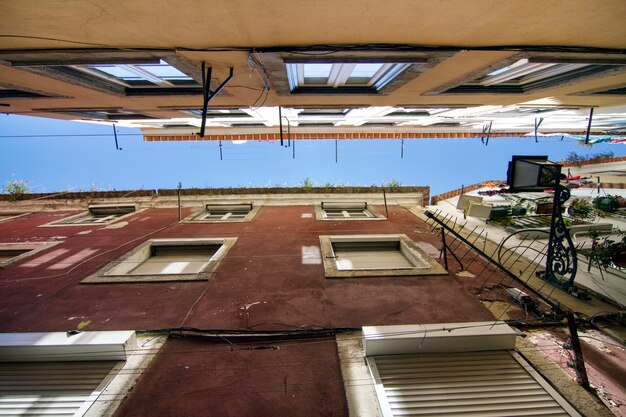Understanding Utility Costs for a 1-Bedroom Apartment: What You Need to Know
Living on your own is a milestone, but along with independence comes the responsibility of understanding various household expenses. Utilities are a significant part of your monthly budget when renting a 1-bedroom apartment. But how much should you expect to pay? While utility costs can vary widely depending on your location, season, and lifestyle habits, having a general idea can help you plan better. Let’s dive into what you should know about these essential living costs and how you can manage them effectively.
Breaking Down Utility Costs
When it comes to utilities, there are several key components:
1. Electricity
- Average Costs: Typically ranges from $30 to $100 per month.
- What Affects This Bill? Your usage, the climate you live in, and the energy efficiency of your appliances.
2. Water and Sewer
- Average Costs: Between $20 and $50 monthly.
- Usage Variation: This depends on your water consumption habits—long showers and frequent laundry usage can increase this bill.
3. Gas
- Average Costs: Can range from $10 to $50, particularly if you use gas for heating or cooking.
- Factors Influencing Costs: Seasonal changes impact your gas bill significantly, especially in colder regions.
4. Internet and Cable
- Average Costs: Internet alone may cost between $30 and $60, and with cable, it might rise to $100 or more.
- Cost-Saving Tips: Consider bundling services or opting for streaming services if cable is too costly.
5. Trash and Recycling
- Average Costs: Usually around $10 to $20 monthly, though some cities include these in other taxes or fees.
Factors That Influence Your Utility Bills
- Geographic Location: Living in major metropolitan areas can result in higher costs due to increased rates.
- Building Structure: Older buildings might be less energy-efficient than modern ones.
- Weather and Climate: Extreme temperatures lead to increased heating or cooling needs.
- Personal Habits: Simple habits like turning off lights when leaving a room can save money over time.
Managing Your Utility Expenses
Understanding your potential costs is just the first step. Here are some practical ways to manage these expenses:
Energy Efficiency Strategies
- Invest in energy-saving appliances.
- Use LED light bulbs.
- Insulate windows and doors to maintain indoor temperature.
Conscious Water Usage
- Fix leaks immediately.
- Consider installing low-flow faucets and showerheads.
Optimize Heating and Cooling
- Use a programmable thermostat to control heating/cooling costs automatically.
- Wear appropriate clothing indoors to reduce dependence on HVAC systems.
Seek Financial Assistance and Resources
Utilities can sometimes be overwhelming, but there are numerous financial resources available to help:
- Home Energy Assistance Program (HEAP): Assists eligible households with heating and cooling costs.
- Utility-Specific Discounts: Many utility providers offer discount programs for low-income customers.
- Non-Profit Aid: Organizations may offer temporary utility assistance.
Taking control of your utility expenses not only helps maintain your budget but also fosters sustainable living habits. And if needed, don’t hesitate to look into assistance programs that can offer some breathing room.
Helpful Financial Tools & Programs
📊 Budgeting Apps: Manage bills and expenses effectively.
🌡️ HEAP: Home Energy Assistance Program for low-income households.
🔍 Energy Auditor Services: Often provided free by utility companies to improve home efficiency.
🏦 Credit Counseling: For personalized advice on managing bills and exploring debt relief options.
🎓 Educational Workshops: Learn energy-saving tips and financial literacy strategies.
Navigating utility costs in a 1-bedroom apartment doesn't have to feel like wandering in the dark. By planning, applying efficiency tactics, and utilizing available resources, you can illuminate your path towards financial stability.

